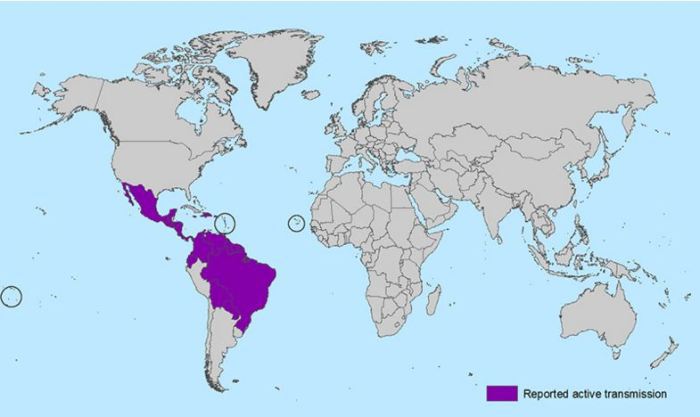The following is written by Dr. Jeff Duchin, Health Officer and Chief of Communicable Disease Epidemiology & Immunizations for Public Health Insider:
Experts are still learning about Zika virus, and in this time of uncertainty, some some are calling for a quarantine on travelers from areas affected by Zika.
I don’t think it’s a good idea.
Quarantine of travelers exposed to Zika virus is neither appropriate nor feasible, and would likely have no meaningful impact on the spread on the disease – but would result in significant negative unintended consequences on travel, commerce, individuals and families. Quarantine of returning travelers would be costly and complicated to carry out for no real benefit. Although Zika poses a real threat of continued global spread, continuing measures to protect travelers and control the outbreaks where they are occurring, although imperfect, are more appropriate responses.
This is true for a number of reasons.
- There is no practical way to identify or screen for who is infected with Zika and potentially capable of transmitting infection. Most infections are asymptomatic and there is no rapid diagnostic test.
- In addition, everything we know suggests the threat to the US is not large. Based on experience with other viruses, like dengue and chikungunya, that are transmitted by the same mosquito vectors and have reached the US after large scale epidemics expanded globally, the risk for ongoing transmission or large outbreaks in the US is thought to be low. (In much of the country including the Pacific Northwest, we don’t have the type of mosquitoes that transmit Zika, dengue and chikungunya.) In contrast, the number of persons traveling to and from Zika-affected areas would be extremely large and enter the US at many points, making implementation of quarantine unrealistic even if it was potentially useful.
- And, it’s likely that Zika, as dengue and chickungunya viruses have done, will become established in much of the world, meaning that quarantine would need to be continued on an ongoing basis.
Bottom line: quarantine is not something that would be useful to protect against Zika virus.
There are, however, steps that are more practical for protecting against Zika.
- Avoid travel to Zika-affected areas if you are pregnant. Keep up with travel alert updates from the CDC.
- Take precautions to protect against mosquito bites if you do travel, such as wearing mosquito repellent, covering up with long sleeves and pants, and sleeping in a screened-in or air-conditioned room.
- If you or your sexual partner has been to an area where Zika is occurring:
1) If you are pregnant, contact your obstetrician or pregnancy health care provider to discuss the need for testing and evaluation;
2) If you are female and have a male sexual partner who has been to a Zika-affected area, or if you are a male who has been to a Zika-affected area and you have a female sexual partner, contact your health care provider or see the CDC web page for information about sexual transmission of Zika virus.


